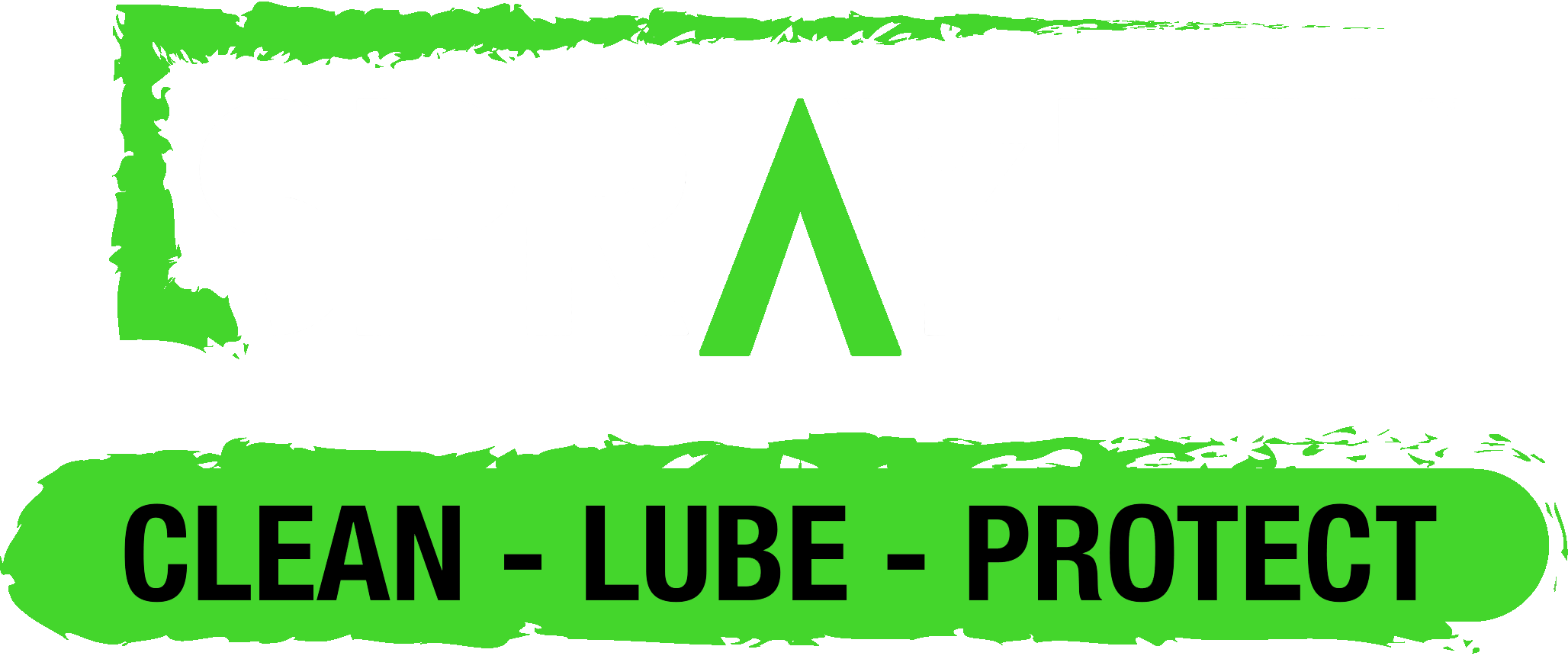Think of food as medicine for your body: the oft-repeated phrase, “You are what you eat” is true, in fact nutrition is at the base of a sportsman’s pyramid.
It can make all the difference to rely on a competent person to follow you and lead you to reach your race goals, so here are some practical tips that should be carefully followed, however, supported by a good sports nutritionist biologist.
How to feed yourself before a race.
Nutritional preparation before a cycling race is critical to ensure optimal performance. Here are some general tips on nutrition before a cycling race:
Carbohydrates:
- In the days leading up to the race, increase your intake of complex carbohydrates such as pasta, rice, whole grain breads, and cereals.
- The night before the race, eat a carbohydrate-rich meal to ensure long-term energy reserves.
Hydration:
- Maintain a good state of hydration in the days leading up to the race.
- Drink about 500 ml of water 2-3 hours before the race and continue to drink moderately until the race begins.
Protein and Fat:
- Be sure to include sources of lean protein and healthy fats in pre-race meals to promote balanced digestion.
Pre-Race Meal:
- 3-4 hours before the race, eat a light, carbohydrate-rich meal with a moderate amount of protein and low amount of fat.
- Choose low-fiber foods to avoid possible digestive problems during the race.
Pre-race snacks (30-60 minutes before):
- If you have little time between the meal and the race, consider a snack high in carbohydrates and moderate in protein, such as a banana with some peanut butter or yogurt with granola.
Caffeine:
- If you are used to caffeine, you may consider moderate intake (about 3-6 mg per kg of body weight) about 1 hour before the race to improve alertness and performance.
Avoid New or Unknown Foods:
- Avoid experimenting with new or unfamiliar foods just before the race to prevent digestive problems.
Remember that every person is different, so it is important to test your eating strategy during training to make sure it works well for you. Also, always consult a nutrition professional or sports specialist to get advice tailored to your specific needs.
We at Sprayke have been able to try it out for ourselves by preparing a few granfondos with and without the help of a nutritionist, and the difference in terms of overall rankings has been felt, even as mere enthusiasts and amateurs.
